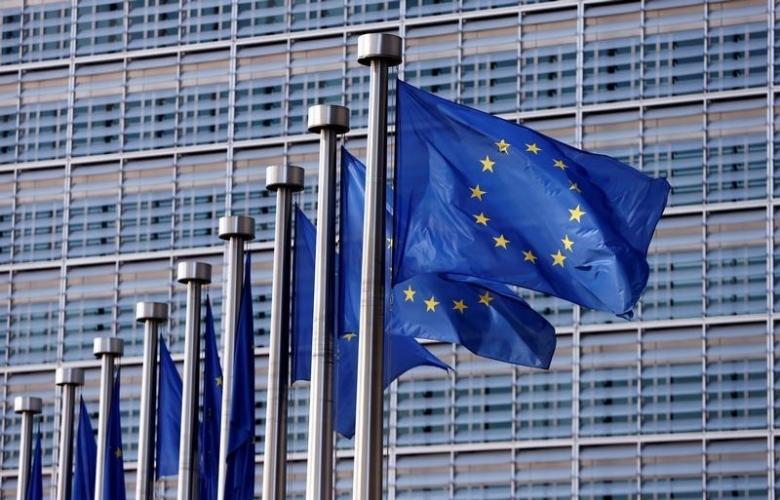The High Representative and the EU foreign ministers started the day with an informal breakfast with the Prime Minister of Israel Benjamin Netanyahu. The Council discussed and adopted conclusions on an updated strategy on aid for trade which aims to improve the integration of developing countries into the international trading system.
Middle East
The High Representative and the EU foreign ministers started the day with an informal breakfast with the Prime Minister of Israel Benjamin Netanyahu, in the margins of the Council. The meeting was an opportunity for the European Union to reiterate its united and clear messages on the status of Jerusalem as future capital of two states, the importance of preserving a two-state solution and, on regional issues, the need to continue implementing the JCPOA (Iran nuclear deal).
“The European Union will try to help find solutions, avoiding any dangerous vacuum that could only strengthen radical or extremist positions, which is something we do not want to see either in the region or elsewhere”, said Federica Mogherini, High Representative for Foreign Affairs and Security Policy
The Council held discussions on the latest developments in the wider Middle East. Ministers looked at how the EU can help limit escalation and preserve stability in the region, as well as consolidate progress in countries such as Lebanon. They underlined the importance of continuing to ensure that the country build on the achievements of the past months, putting the interests of the Lebanese people first and does not become further victim of external interference.
Ministers expressed their concern at the serious deterioration of the situation in Yemen, which is witnessing the onset of a grave humanitarian catastrophe. They agreed to continue working to re-invigorate UN-led efforts towards a political solution to the conflict in Yemen, in line with relevant UN Security Council resolutions.
Ministers also recalled the continued EU support for the efforts of UN Special Envoy de Mistura in Syria, which remains essential for finding a negotiated political solution in accordance with UN Security Council resolution 2254. The EU will host a second Brussels conference on support for the future of Syria and the region in the spring to show renewed international solidarity and support.
Ministers underlined the importance of continuing and strengthening the EU’s engagement with Iraq. The High Representative and the Commission are expected to present a proposal for a new strategy in January 2018.
Africa
Foreign ministers discussed EU-G5 Sahel cooperation over lunch with their counterparts of the G5 Sahel (Mauritania, Mali, Burkina Faso, Niger and Chad). Foreign ministers and development ministers then discussed the follow-up to the African Union – EU summit, which took place in Côte d’Ivoire on 29-30 November 2017. Ministers underlined the importance of the Summit and the need to continue working with African partners in an inclusive way. Involvement of youth and of civil society should continue to be a key element in EU-Africa relations.
Development – Aid for trade
The Council discussed and adopted conclusions on an updated strategy on aid for trade which aims to improve the integration of developing countries into the international trading system and to enable trade and investment to contribute to reducing poverty.
Ministers stressed the importance of increasing synergies between the different development financing tools that the EU and its member states use to promote aid for trade. They also underlined the need to enhance the impact of aid for trade programs through greater engagement with the private sector, civil society, and local authorities.



